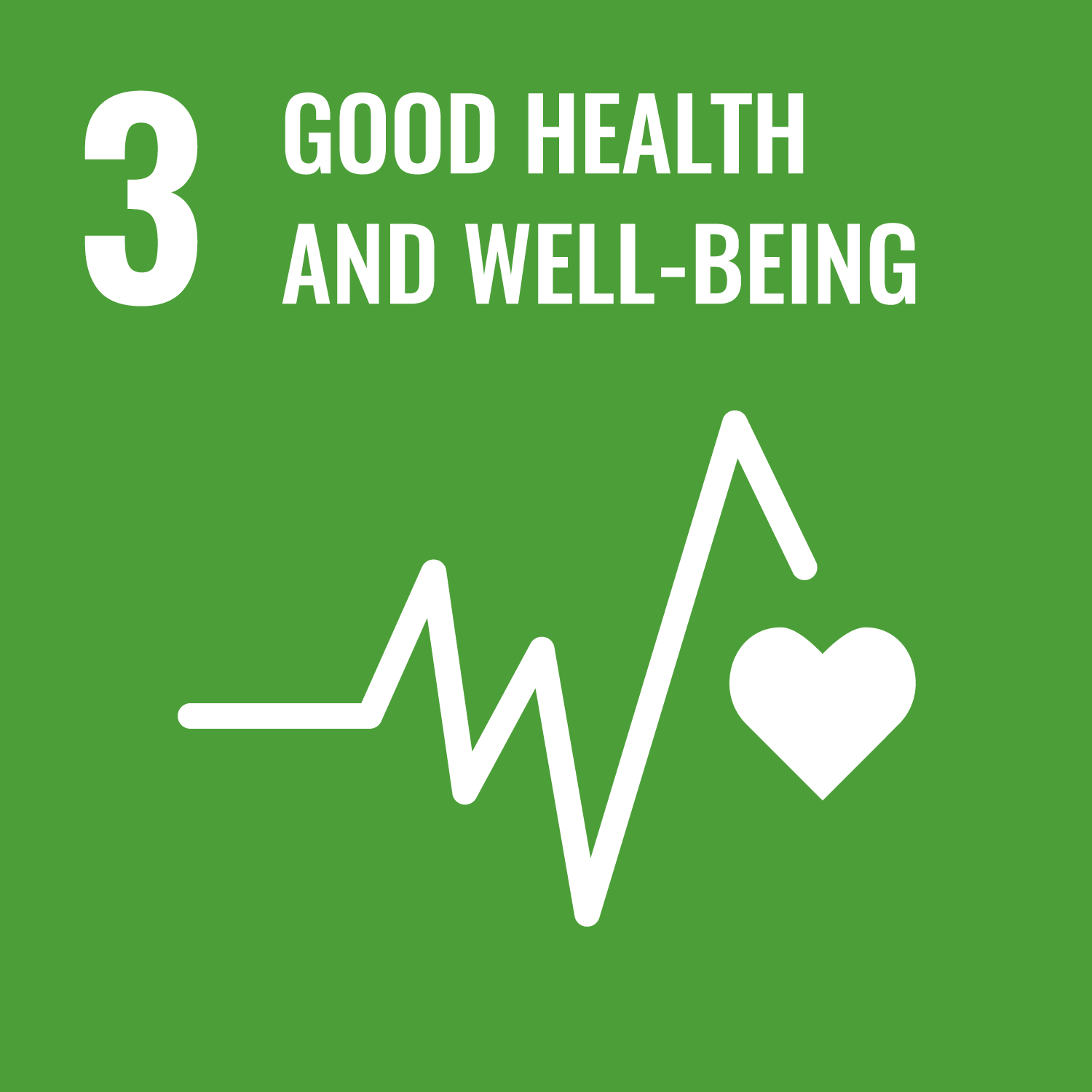The 86% increase in diagnoses of depression calls for further research
Analysis of data for Catalonia between 2017 and 2022 paves the way for further studies on how digital health tools impact the management of depression and mood disordersThe study finds more diagnoses of depression among women and in rural areas in 2022 than in 2017
Online appointments due to depression account for 26% in the post-pandemic period, a significantly higher figure than in 2017 when they were 4.3%, and men and young people used this format to a greater extent

A study by the Universitat Oberta de Catalunya (UOC) and the Catalan Health Institute in Central Catalonia, which examines the period between 2017 and 2022 and has been published in open access format in JMIR Mental Health uses data to show that the emergence of e-health tools in recent years has coincided with a sharp increase in diagnoses of depression in primary healthcare in Catalonia, results consistent with those reported worldwide by entities including the World Health Organization.
According to the study, based on an analysis of data from 2017 to 2022 provided by the Catalan Health Institute (ICS), the prevalence of depression and mood disorders increased by 86.6%, affecting women to a much greater extent (67.2% in 2017 and 66.6% in 2022).
The study also found that the increased prevalence of depression is more marked in rural areas, where it rose from 25.6% in 2017 to 26.3% in 2022. By contrast, it fell in urban areas in the same period, from 74.4% in 2017 to 73.7% in 2022. The data also show that, during the period studied, the number of prescriptions of antidepressants increased (from 81.3% in 2017 to 83.7% in 2022).
This timeframe also saw an increase in the use of telematic tools compared to face-to-face appointments at primary healthcare centres. In 2017, 4.34% of online appointments were related to depressive episodes and mood disorders. The percentage reached 46.8% in 2020, when the COVID-19 lockdown took place. Levels of face-to-face appointments recovered in 2021, but online appointments nevertheless still accounted for 39.7% of the total. Online appointments accounted for 26.3% of the total in 2022, which was a significant increase compared to 2017. According to the study, men and younger members of the population are more likely to use an online appointment, and those who have online appointments are more likely to receive a prescription for an antidepressant or an anxiolytic.
The reasons for the increased prevalence of depression
According to the leader of the study and doctoral student in e-health at the UOC, the pharmacist and research specialist Aïna Fuster, the increase in diagnoses of depression may be due to the "awareness" and "impact" that the COVID-19 pandemic has had on mental health. The pandemic has also been a catalyst for implementing digital health tools, which were available prior to it, but not yet widely used. According to Fuster, the increase in the consumption of antidepressants that the study confirms can be explained by the fact that, when the pandemic broke out, drugs were the most readily available resources to mitigate its impact. According to the researcher, whether this pattern persists in the long term or is a temporary impact related to the pandemic remains to be seen.
Regarding the increase in the use of online appointments, Fuster said that, at present, "we're in a learning period", which means that some of the results that have been obtained will persist in the long term. For this reason, she believes further observations will be required in the coming years to determine the role of e-health in appointments related to depression. The researcher also pointed out that, although antidepressants are used more frequently by users of telematic tools, treatment with those antidepressants is ultimately withdrawn. "It was a containment measure, as we didn't have the resources to adopt a comprehensive approach", explained Aïna Fuster. In the post-COVID-19 scenario of 2022, "pharmacologically speaking, we can rest easy", because strategies are also being implemented in the Catalan health system to try to improve how mental health is addressed.
“When the pandemic broke out, drugs were the most readily available resources to mitigate its impact. Whether this pattern persists in the long term remains to be seen”
What is the real picture?
The principal investigator of the eHealthLab research group and associate dean for research of the Faculty of Health Sciences at the UOC, Carme Carrion, noted that, although the results of the study show a significant increase in the number of diagnoses for depression, "that doesn't mean that it's a real reflection of what's happening". The data are only for diagnoses made within the public health system in the period between 2017 and 2022. Like Fuster, Carrion argues that the increase in diagnoses took place at a time of limited resources. The health system has since incorporated the figure of the emotional and community well-being officer. In any event, the study is "an approximation to the real situation, and the figures can't be taken as being precise because there were probably more people who weren't diagnosed". Carrion also highlighted the more pronounced increase in diagnoses among women, which she nevertheless described as "no surprise".
One of the most important aspects of the study is its analysis of data as they relate to e-health tools. The results warrant further study in order to explore the reasons behind them. Carrion referred to the observation of a greater tendency to use digital tools among younger men. "One possible reason is that they are digital natives, so they don't have the same need to have someone sitting in front of them, although there are many possible theories". Another hypothesis could also be the fact that mental health is "still highly stigmatized and physically going to a place where someone diagnoses and treats you carries a risk of being seen, whereas if you're at home, in front of the computer, nobody knows about it". For this reason, Carrion believes that the results of the study open up new lines of research aimed at finding out the causes leading to this situation and what can be done to remedy it.
Another interesting aspect of the study is the relationship it establishes between the use of digital health tools and the consumption of antidepressants. In this regard, Carme Carrion, like Fuster, pointed out that taking into account the situation when the analysis took place, "one of the possible causes" is that during the pandemic, "therapy wasn't as feasible, which meant it was easier to turn to medication". However, this is a hypothesis that should be considered "very carefully". Other reasons may be that some people want to avoid the stigma associated with disorders related to mental health, or they are unwilling to "waste time doing therapy" and seek faster and easier results.
This project was supported by the Government of Catalonia's Ministry of Health, and received funding in the 2021 call for grants of the Strategic Plan for Research and Innovation in Health (PERIS) for 2022-2024.
This study contributes to Sustainable Development Goals (SDG) 3, Good Health and Well-being, and 5, Gender Equality.
Reference paper:
Fuster-Casanovas, A.; Miró Catalina, Q.; Vidal-Alaball, J.; Escalé-Besa, A.; Carrión, C.
eHealth in the Management of Depressive Episodes in Catalonia's Primary Care From 2017 to 2022: Retrospective Observational Study. JMIR Ment Health, 2024;11:e52816. DOI: 10.2196/52816
UOC R&I
The UOC's research and innovation (R&I) is helping overcome pressing challenges faced by global societies in the 21st century by studying interactions between technology and human & social sciences with a specific focus on the network society, e-learning and e-health.
Over 500 researchers and more than 50 research groups work in the UOC's seven faculties, its eLearning Research programme and its two research centres: the Internet Interdisciplinary Institute (IN3) and the eHealth Center (eHC).
The university also develops online learning innovations at its eLearning Innovation Center (eLinC), as well as UOC community entrepreneurship and knowledge transfer via the Hubbik platform.
Open knowledge and the goals of the United Nations 2030 Agenda for Sustainable Development serve as strategic pillars for the UOC's teaching, research and innovation. More information: research.uoc.edu.
Experts UOC
Press contact
-
Sònia Armengou

